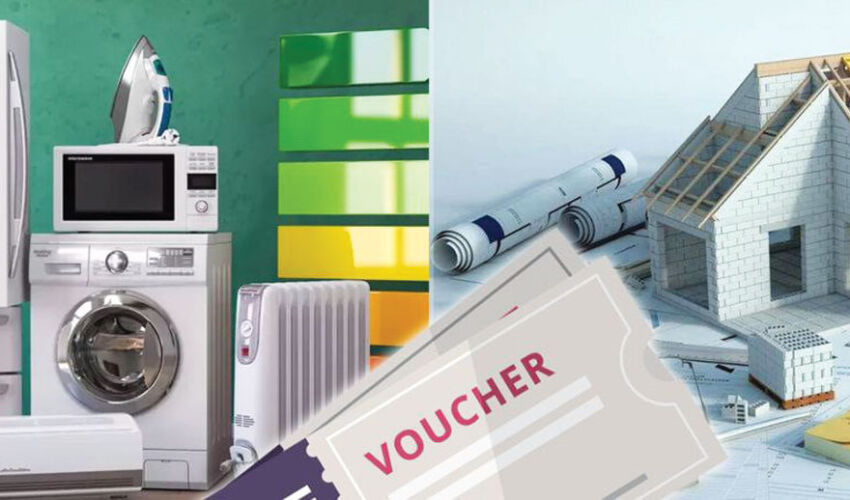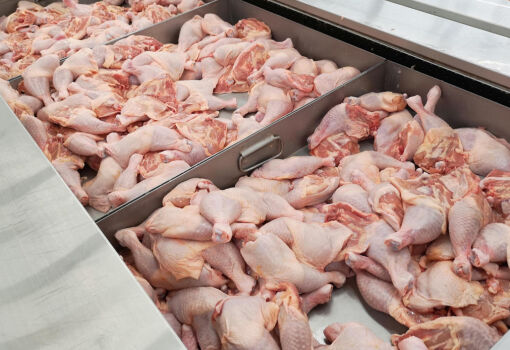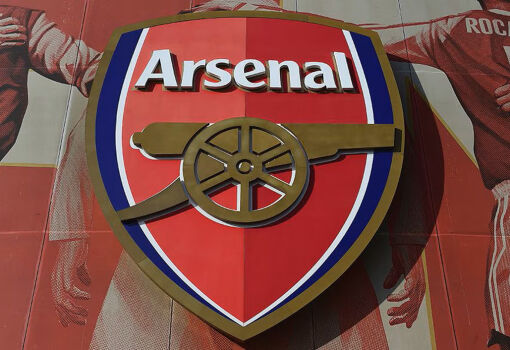
Ion Muntean, Director of the National Center for Sustainable Energy (CNED), noted that this year the financing will be increased by another 1 million euros, and this is not the limit. The program is gaining momentum: in 2024, 7.5 thousand families were able to renew their household appliances, paying only 30% of their cost, and in February-March 2025 – another 7.9 thousand families. CNED has prepared more than 9 thousand vouchers for the next phase, which started on April 14.
“All Eco-Voucher beneficiaries save about 700 thousand lei per year on the purchase of household appliances. So far, we are talking only about refrigerators and washing machines – these are the two items consumers voted for when registering on the platform compensatii.gov.md. However, the line will be gradually expanded to include other large-sized appliances,” emphasized Ion Muntean.
Where do the eco-fees of merchants go?
Businesses believe that the state program works only halfway – until the collection and disposal of old equipment. According to the law, “Extended Producer Responsibility” is imposed on the importer. This means that the supplier is obliged either to register a waste disposal association on its own or to conclude a contract with one of such organizations, which deals with the disposal of worn-out equipment of its members. In doing so, the supplier pays an environmental fee to the association, the amount of which is set by the association itself (!).
The amount of such fees was not tied to the realities of the market: it was taken as a basis from similar associations in Romania, Bulgaria and Hungary. For example, the fee for a washing machine here reaches 100 lei, for a refrigerator – 200 lei (5% of the price of the cheapest refrigerator and 1% of the price of a refrigerator of average value). In other words, no collective system registered in Moldova has calculated the size of environmental charges in relation to the real costs of collecting such waste and exporting it for processing to specialized plants in Romania, Hungary, and the Czech Republic.
As the owner of the chain “Bomba” Mircea Baciu noted, only his company imports, on average, 5 thousand tons of equipment per year. Accordingly, in 2024, the Bomba chain of stores paid 18 million lei in environmental levies. However, there is no information on how this money is used and whether all market players pay the ecological levy.
According to him, there are currently 14 such associations in Moldova and several more are preparing for registration. At the same time, there is no control over whether used electrical equipment is exported from the country, where to and in what volumes specifically.
“We assume that none of the existing associations for “waste management” in practice has ever exported a single refrigerator, gas stove or washing machine for recycling,” Mircea Baciu said. – In other words, these structures regularly charge money, while the goals set in the Law on Waste are not achieved. At best, some part of the collected waste in the form of old household appliances gets dusty in the warehouses of these organizations. We emphasize once again that the existing practice of collective systems is not only not credible. On the contrary: the absence for several years of export of devices for recycling gives more and more reasons to believe that there will be no further recycling, and the country will wallow in garbage”.
The problem is aggravated by the fact that some companies have created fictitious public organizations for waste management, without setting themselves the goal of recycling. A year or two later, when the deadline for submitting reports arrives, such associations liquidate themselves after receiving money from suppliers. At the same time, fictitious invoices and reports are issued in favor of their members.
The system itself allows phantoms to multiply: this year seven more companies applied for registration of “waste disposers”. At the same time, there are only three such organizations in Romania. And the money paid by suppliers goes not to their accounts, but to the accounts of the state environmental fund. And the issue of their intended use is absolutely transparent.
Therefore, the merchants who manage the Bomba, Maximum and Hi-Tech networks propose that at the level of the Ministry of Energy and CNED, the environmental levy should be set, in order to ensure transparency and the same conditions for all market operators.
“We propose to amend the current legislation, to ensure the transparency of environmental charges, the validity of their amounts, as well as to establish a clear mechanism for their payment,” the networkers said. – For example, in neighboring Romania, the environmental fee (“taxa verde”) goes to the state Environmental Fund – either directly or through collective systems. Thus, we propose to replace the current procedure for paying environmental fees and direct them to state-controlled accounts. This fee can be paid in three transparent ways: either when importing goods, with the rest of the customs duties paid, or to the Environmental Agency (based on data provided to it by customs), or to the Environmental Protection Fund”.
The Romanian experience: transparency of the “Taxa verde”
In the neighboring country, the issue of transparency of setting and real payment of environmental fees to the Environmental Fund has long been solved. The price tag itself always contains information on the amount of the environmental levy, so that the consumer can see this amount, which suppliers pay monthly. Reports are also provided every month.
In Romania, used electrical household goods are collected by other authorized organizations for a symbolic fee of about $100 per ton. Whereas in Moldova, the collection of household electrical waste is handled by the importers themselves, who hand it over to the above-mentioned collective recycling organizations free of charge.
Waste recycling on a “self-controlled” basis
In Moldova, every company participating in the EcoVoucher program is obliged to ensure the recycling of old equipment.
Over 10 thousand tons of waste electrical and electronic equipment are generated annually in the country. According to official data, no more than 30% of this volume is eliminated.
At the moment there is no electronic waste recycling plant in the country. There are also no companies authorized to recycle e-waste in Moldova. There is also no infrastructure that would allow to recycle the equipment. Therefore, such waste is exported for recycling abroad: mainly to Ukraine, Romania and Germany.
There are only four major authorized operators for e-waste collection: Eco Save, Moldrec, EcoRecycling, ABS Recycling.
According to Grigore Stratulat, State Secretary of the Ministry of Environment, there has not been a single inspection of collective waste management associations during the whole period of the program. The first data will be available only after April 30, 2025, when these structures submit their annual reports.
He emphasized that suppliers paying the environmental levy should independently monitor the use of these funds and the process of recycling waste, in this case, electrical appliances. And demand fulfillment of obligations from the association, with which the corresponding contracts are concluded. That is, to ensure self-control of the entire system.
Nevertheless, the Ministry of Environment is working on improving the current legislation and is ready for a dialog with business, including such an acute issue as waste management monitoring.
The Secretary of State agreed that there are indeed problems in waste management, and the main one is the lack of proper infrastructure. Recycling waste requires billions of dollars of investment. As the saying goes, money is garbage and garbage is big money.

